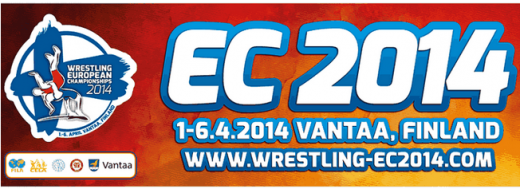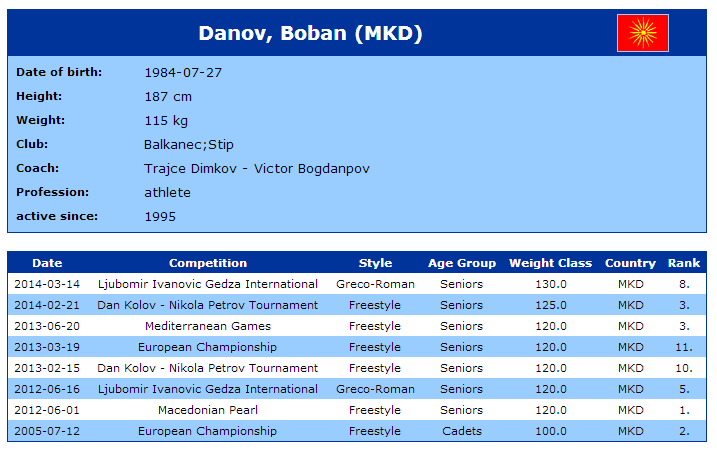G
Gelöschtes Mitglied 13322
Guest
Da scheinbar keiner weis, wer Nikos Dimou ist, habe ich ihn mal gegoogelt.
"His works also include essays and aphorisms:
- I Dystihia tou na Eisai Ellinas (Η δυστυχία του να είσαι Έλληνας, The Unhappiness of being Greek)
- Apologia enos Anthellina (Απολογία ενός Ανθέλληνα = Apology of an Anti-Greek)"
und:
"In politics, he failed to become elected in the European Parliament election in 2009 for the Greek party Drasi."
"In the May 2012 election to the Hellenic Parliament, Drassi ran in electoral alliance with the Liberal Alliance. It won 1.8% of the vote, finishing twelfth overall: directly behind the Democratic Alliance and Recreate Greece, which both have similar liberal ideologies to Drassi."
In welche Ecke der wohl gehoeren mag...:evil5:
Wenn jetzt noch ein Bilderberger, behauptet, dass die Hellas lieber gleich amerikanisches Protektorat werden soll, kann ich beruhigt sterben...
Hey, Bukephalos ist wieder da. Willste ein Zuckerstueckchen?









